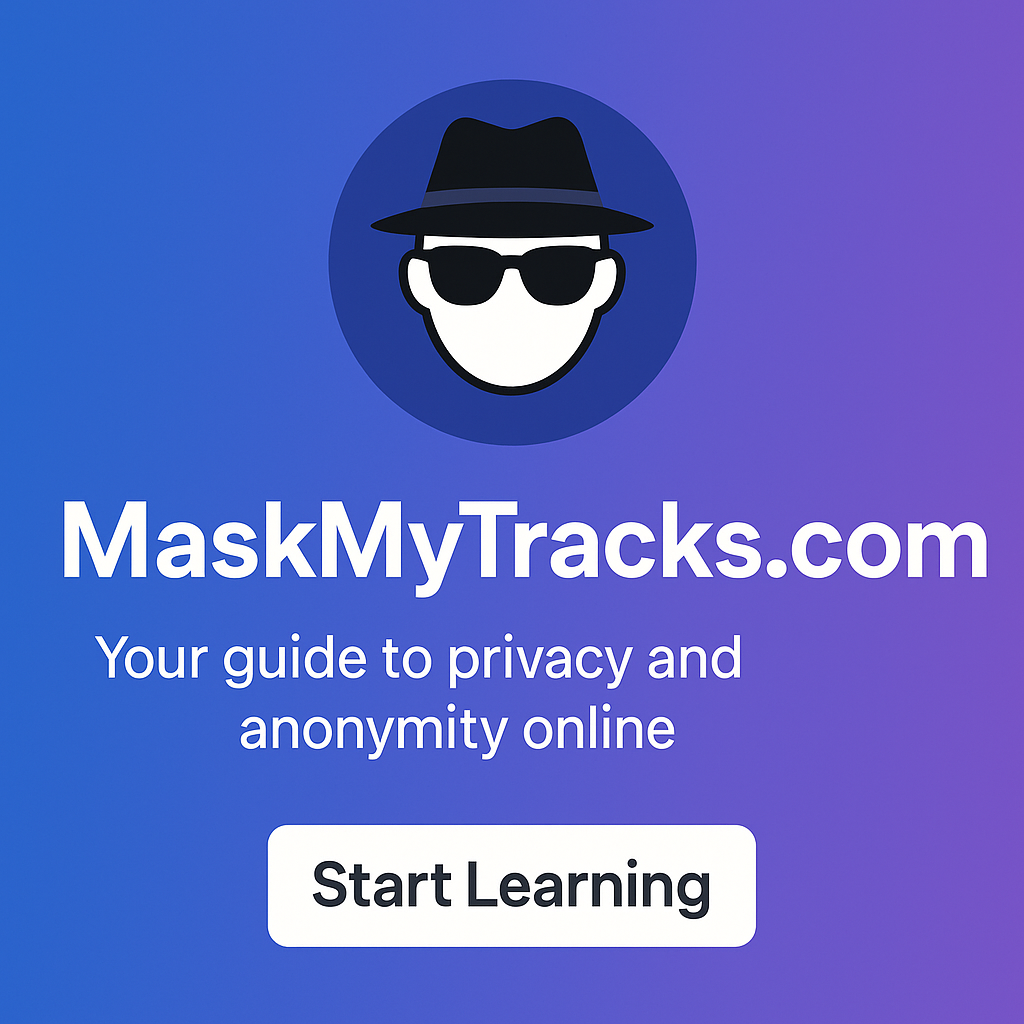Your Home Is Your Castle
- Police need a warrant to enter (with rare exceptions).
- Your home and personal effects are shielded from unreasonable searches.

Your guide to privacy and anonymity online
Tip: To strengthen anonymity, use VPNs, Tor Browser, or burner accounts — but remember, no tool guarantees complete invisibility.
Using VPNs, Tor, burner emails, or encryption to protect your privacy is not a crime in the U.S. These tools are widely used for security and free expression. What is illegal is using them to commit crimes (fraud, hacking, harassment). Platforms may restrict anonymous use under their rules, but that’s not criminal law.
